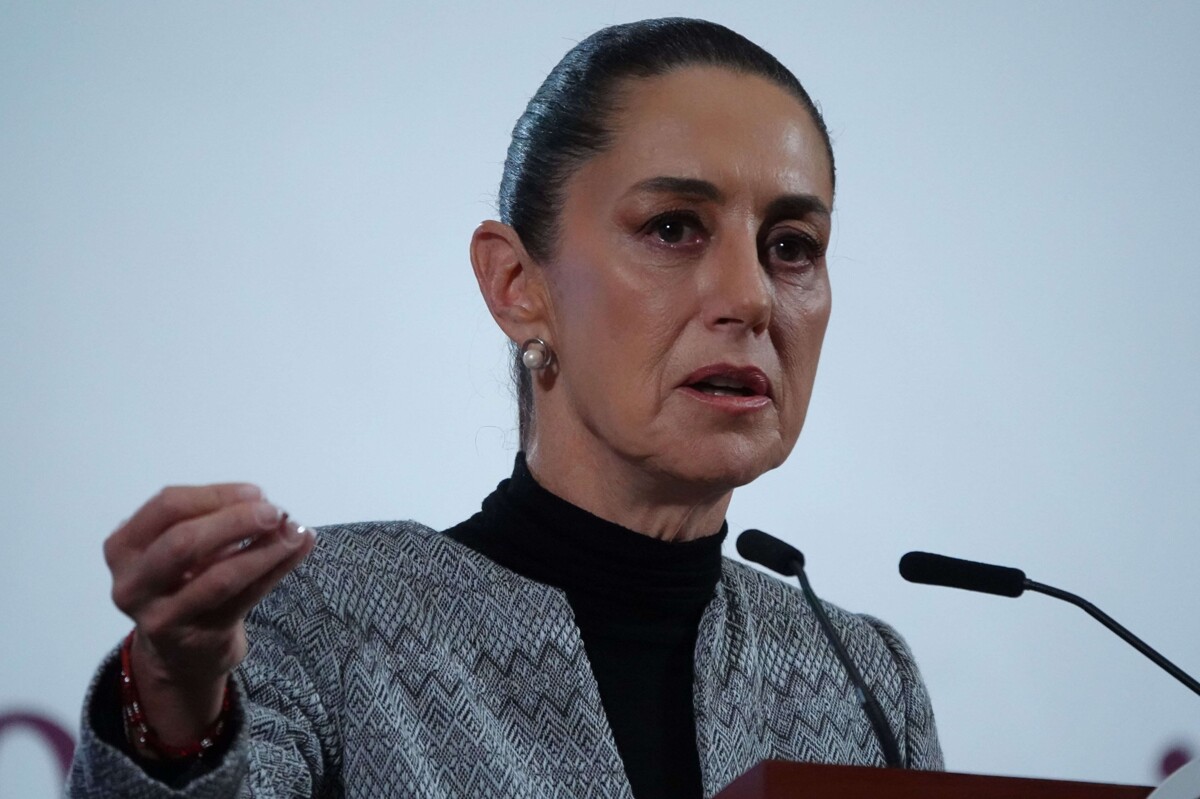
The President of the United States, Donald Trump, accused Mexican drug trafficking organizations of being the largest traffickers of fentanyl in the world, pointing out that they operate unimpeded due to their relationship with the Mexican government. Trump's statements highlighted the brutality and extreme violence of the cartels, as well as their role as main suppliers of illegal fentanyl to the United States and Canada, warning that their presence near the U.S. border represents an increasing threat.
Amid growing tension, the passivity of the Mexican government in the face of Trump's demands is being questioned, as he has called for concrete actions against politicians linked to the cartels. There is a call to abandon inaction and adopt a proactive stance, recognizing the asymmetry in the bilateral relationship. Despite the diplomatic efforts made by Mexico, led by Claudia Sheinbaum, satisfactory results have not yet been achieved.
Negotiations have been more focused on pleasing Trump than on effectively resolving the crisis, raising questions about the strategy of the Mexican government. In response to the imposition of tariffs, Mexico has announced possible retaliatory measures and expressed its willingness to negotiate directly with the U.S. president. Experts point out that the economic consequences of the tariffs could be significant for Mexico, putting the new government regime at risk.
Mexico's response to Trump's demands includes, in addition to tariff actions, possible non-tariff measures that could impact sectors such as services. There is speculation about the cancellation of operations of companies related to supplying weapons to the cartels as a form of additional pressure. Amid uncertainty, a call between Sheinbaum and Trump is anticipated, hoping to reach an agreement that avoids an escalation in trade tensions between the two countries.
Despite the diplomatic efforts and the possible measures being outlined, uncertainty persists, as the consequences of the tariffs for Mexico could be severe. The imposition of tariffs by the United States poses complex scenarios for the Mexican economy and political stability. In this context, Sheinbaum's stance has been questioned, as Trump's pressure has led to a reassessment of the strategies employed thus far.














